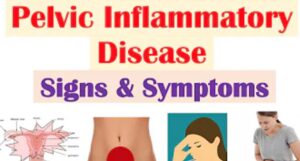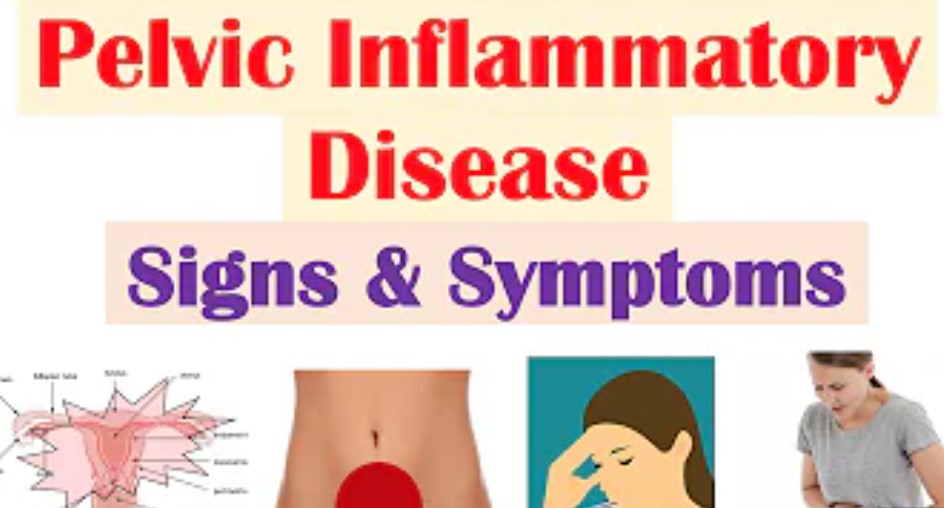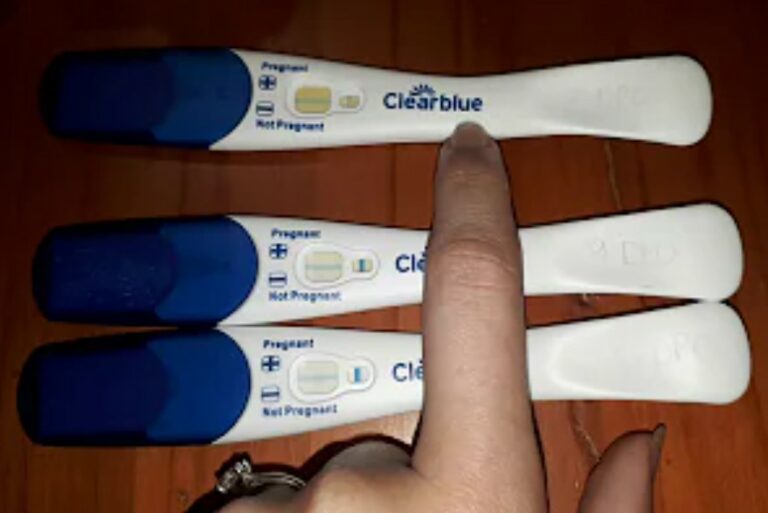Pelvic Inflammatory Disease: Causes, Symptoms, Treatment, Complications
Pelvic Inflammatory Disease (PID) is a common cause of infertility in several women of reproductive age. Most times, it usually occurs during the adolescent period when we are at our most active premarital sexual life, and sometimes is usually not detected until after marriage when it has resulted in several complications.
What is Pelvic Inflammatory Disease
PID is a disease of the female genital/reproductive tract that arises as a result of infections that enter through the cervix (mouth of the womb) and go to the womb, fallopian tubes & even up to the Ovaries.

It causes inflammation (swelling) in the areas that it passes through. This swelling can result in blockage or narrowing in the tubes.
What Causes Pelvic Inflammatory Disease
PID is mostly caused by bacterial infection from Chlamydia and gonorrhoea. Other organisms may also cause PID, but these are the most common causes.
How Can I Get Pelvic Inflammatory Disease?
The bacteria that cause PID needs to be deposited around the cervix, through the vagina, before they can move up to cause the disease. Hence, the common means of infection is through;
- Unprotected Sex: with persons carrying infections can lead to the transfer of these infections to you.
- Unsafe Abortion: Termination of pregnancy, especially instrumental, done at the hands of quacks & untrained or unlicensed persons who use unsterile & infected instruments can introduce these bacterial organisms into your womb (uterus) leading to the development of PID in the future. Perforation of your womb is also a risk here.
- Use of Sexual Instruments: ladies who use various instruments to satisfy their urges could also transmit these infections if the instruments are contaminated.
Symptoms of Pelvic Inflammatory Disease
PID has been known to present in several ways such as;
- Lower Abdominal pain: especially if you notice this pain at both sides of your abdomen, close to your hips.
- Pain during intercourse
- Vaginal discharge
- Bleeding between periods or after sex. Note that this type of bleeding can also be a sign of Cervical cancer.
How do I treat Pelvic Inflammatory Disease?
If a person is suspected of having PID, it is advised that the person should also do tests for other types of Sexually Transmitted Infections (STI).
Anyone who suspects having PID should see a doctor immediately so that treatment can be started because any delay can give time for complications to develop & which would not be good.
- Treatment involves drugs against these 2 organisms and includes macrolides or tetracycline with metronidazole & a cephalosporin. This should last for two weeks.
- All sexual partners that you can recall must be contacted tested and treated.
Complications of Pelvic Inflammatory Disease
PID when not detected or treated in time can cause several unfavorable conditions;
- Inflammation & damage of the Endometrium (womb) & fallopian tube resulting in Tubal blockage.
- Infertility: the tubal blockage prevents sperm from going to meet the egg.
- Ectopic pregnancy: can result if the fertilized egg cannot get to the womb to implant. It gets stuck in the Fallopian tube or somewhere else in the abdomen. This is a serious situation & is an emergency.
- Heavy Menstrual Bleeding.
- Chronic pelvic pain.
- Hydrosalpinx: known as water in the tube due to inflammation.
Prevention of Pelvic Inflammatory Disease
PID is preventable by;
- Practice Safe sex: Do not have sex without a barrier (condom), whether female or male, no matter how much the urge is. Do not let the pleasure of 5 minutes cause you a lifetime of misery.
- Avoid unsafe abortions at the hands of quacks. Always talk to a doctor whenever you have any medical challenges.
Share the message & spread awareness about PID.






